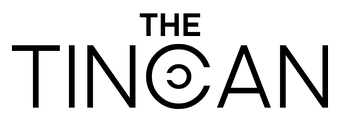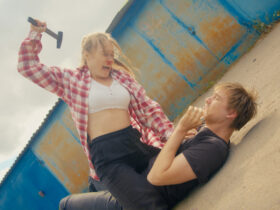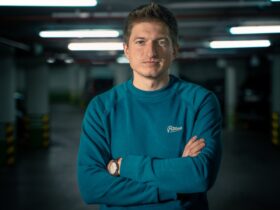- Was there a particular event or time that you recognized that filmmaking is your way of telling stories?
I was an enthusiastic storyteller when I was a child. This started in the form of poems and books, followed by song lyrics and photography. I was always looking for the right medium to tell stories. Over time, I filmed, here I could combine all areas. The love of music, poetry and image design.
- Do you think it is essential to go to a film institute in order to become a successful filmmaker?
If you have passion and enthusiasm for something, you don’t need a school, then you will automatically learn the things you need to carry out the desired activity. Nevertheless, it can help you to learn even more things and to make contacts at a film school.
- Is it harder to get started or to keep going? What was the particular thing that you had to conquer to do either?
It is definitely more difficult to continue and complete things successfully. The film business and art can be very rocky for aspiring talent. Success doesn’t always come automatically after a good work. It is often due to circumstances that cannot be influenced. You have to keep going and believe in yourself and your goal.
- What was the most important lesson you had to learn that has had a positive effect on your film? How did that lesson happen?
The most important lesson for me is: listen to your intuition. See your own pictures, tell it your way, without fear of being different or not enough. If you are real and authentic, you are perfect. That’s how I tell my story, like it or not, but respect it.
- What were the production realities from casting through editing that you had to accommodate? How did you navigate those compromises or surprises and still end up with a cohesive film?
My film was inspired by the corona pandemic and was also made during the curfew in Germany. That’s why I had to make the film at home, with my own technique and the actors who lived in my household. Due to this realistic situation, the entire production was very intensive, small and special. I had to take over the direction, camera, equipment, lighting and editing. That is why the film is also very individual and bears a clear signature.
- What was the hardest artistic choice you made in the making of a film, at any stage in production?
In fact, I don’t remember a decision that was difficult or crucial. The film was created in my head, starting as individual moods and pictures. From this I wrote the script and I already know exactly when writing and developing, so I will be able to shoot and also realize it. In other words, I am already planning under the aspects of feasibility and mostly I don’t experience any surprises, but that also has to do with experience. The more films you make, the more you know what works and what doesn’t.
- You are a collaborator. How have you discovered members of your team and how do you keep the relationship with them strong?
The more experienced you are and the better you know your team members, the easier the work is, that’s right. Only, with this film I have to work alone, because all team members that I normally have on the set were not allowed to work. Otherwise, of course, appreciation and mutual respect count first.
- What do audiences want? And is it the filmmaker’s role to worry about that?
This is actually an interesting and important question. First, there isn’t that one audience, there are probably more than 7 billion viewers, and everyone is a little different and has different preferences about what kind of films they like to watch. Of course there are certain mainstream topics and stories that appeal to a lot of people, but there are also smaller genres that are justified and find their audience. Overall, I think a film should touch the viewer. A film can be a mirror of itself, a screen and a way to reflect. I personally tell stories from my point of view and try to reach the audience who want to be touched by this kind.
- What role have film festivals played in your life so far? Why are they necessary? How do you get the most out of them?
I make films for the purpose of being seen by the audience. Film festivals are the platform where I can get in touch with an interested audience. I love watching the audience react to films. Having the opportunity to get in touch after screening is a great thing. I don’t have the perfect recipe to get the most out of film festivals. Before I visit a festival, I make myself free of any ideas and conditions and try to be open and free for the people and those involved.
- Do you believe that a filmmaker should be original and fresh or he/she should stick to classic but safe cinema style?
It has more to do with how you see your job. Do you want to be an artist? Or do you want to make money? I make films out of passion and that’s why I make the films in my individual way, anything else would not make me happy. That’s what I’m about.





















